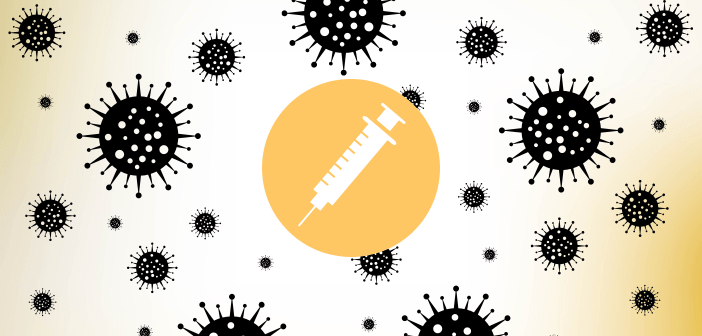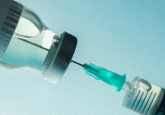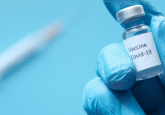HHS and NIH introduce Generation Gold Standard, a universal vaccine platform

A bold, government-led vaccine initiative aims to revolutionize pandemic preparedness by offering long-term, cross-protective immunity through a next-generation universal platform.
On May 1, 2025, the US Department of Health and Human Services (HHS; Washington, DC, USA), alongside the National Institutes of Health (NIH; MD, USA), announced ‘Generation Gold Standard’, an effort to develop universal vaccines targeting current and future respiratory virus threats. In response to the increasing emergence of highly contagious viruses, the program represents a critical step in global health preparedness. By developing a universal vaccine platform, the US government seeks to address the gaps in current vaccine technology, which often requires seasonal updates or fails to provide broad protection across virus strains.
At the core of the initiative lies a beta-propiolactone (BPL)-inactivated, whole-virus vaccine platform designed to deliver broad-spectrum protection without the risk of infection. Contrasting newer mRNA technology, BPL vaccines retain virus structural integrity, aiming to provoke potent B and T cell responses against multiple strains of pandemic-prone viruses including H5N1, SARS-CoV-2, MERS-CoV, RSV and more. Early-stage candidates like the intranasal formulation of BPL-1357, specifically designed to block viral transmission and address a critical limitation of current vaccines, are already advancing through phase Ib and II/III clinical trials.
You may also be interested in:
- FDA rewrites drug development rules: animal testing out, human biology in
- 60-seconds with Francis Dessy & Ivo Sonderegger: Harmonization of vaccine ligand binding assays validation
- A collaborative breakthrough in vaccine LBA validation standards
“Our commitment is clear: every innovation in vaccine development must be grounded in gold standard science and transparency, and subjected to the highest standards of safety and efficacy testing,” commented Robert F Kennedy Jr, HHS Secretary.
While the BPL platform’s broad-spectrum potential could offer a significant advantage, it also faces scepticism from some experts who caution that developing a truly universal vaccine has been historically challenging. Additionally, the shift away from mRNA technology — proven effective in the COVID-19 pandemic — raises questions about the adaptability of this traditional approach in the face of evolving virus strains.
With clinical trials set to begin in 2026 and FDA approval targeted for 2029, Generation Gold Standard could represent a turning point in proactive public health. The platform’s ultimate success will depend on overcoming scientific, regulatory and public perception challenges, but if successful, it could reshape global vaccine strategies.






